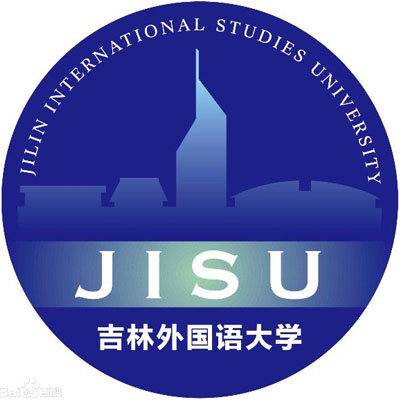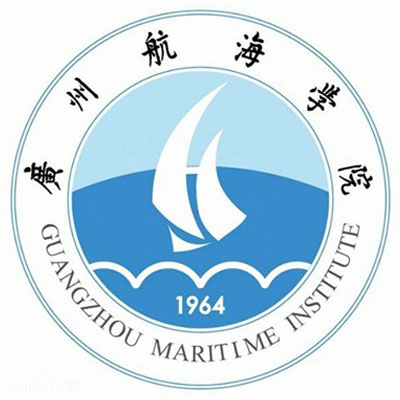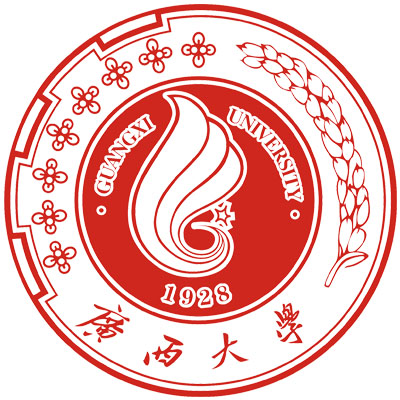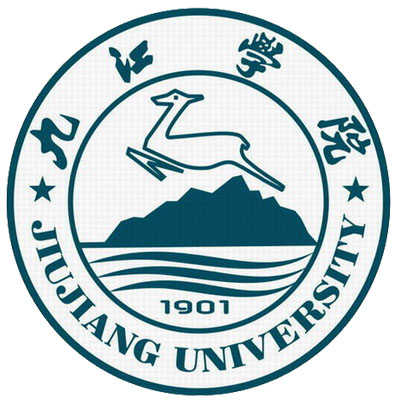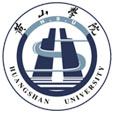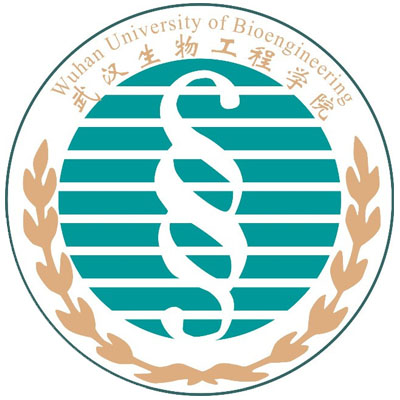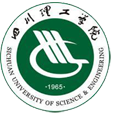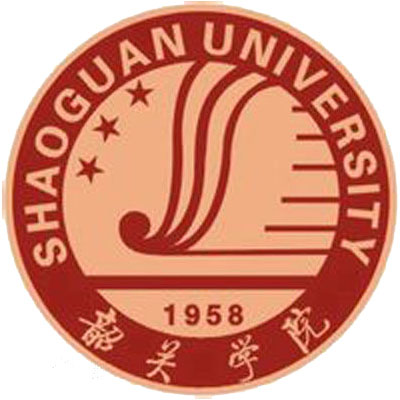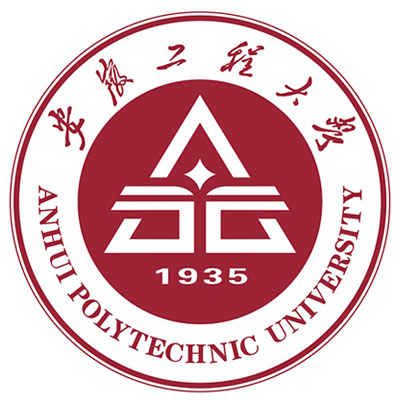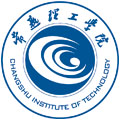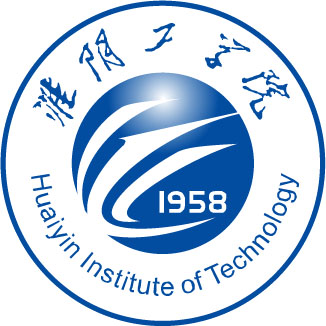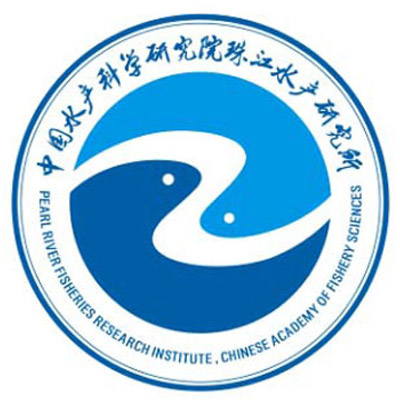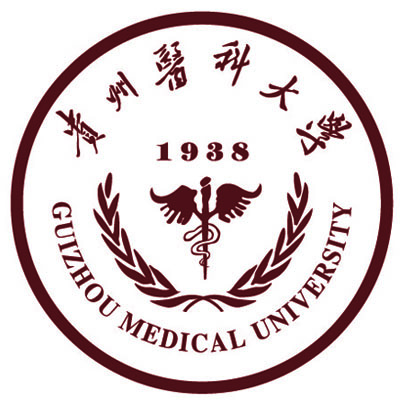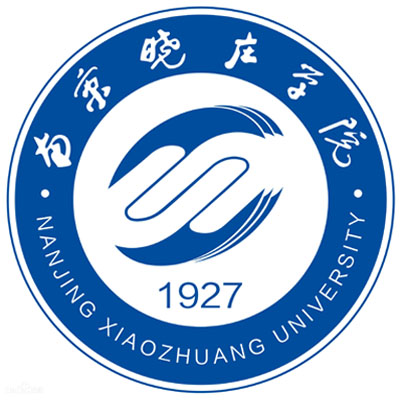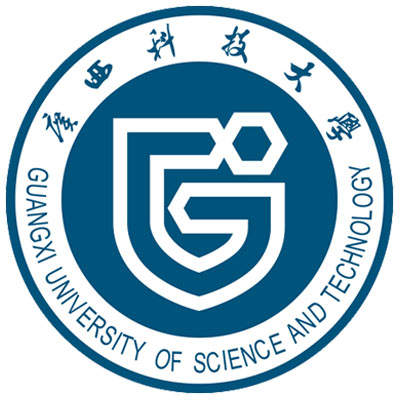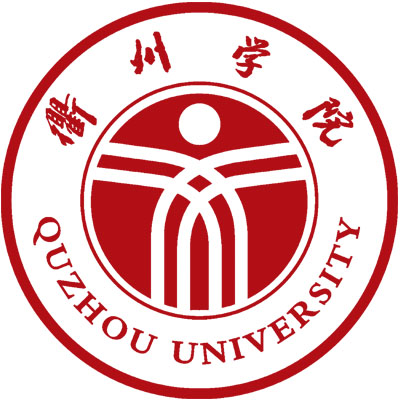Francis Crick Institute
Contract term:
This is a full-time fixed term position for 4 years on Crick Terms & Conditions of employment
Salary:
Competitive with benefits, subject to skills and experience.
The Research Group
Julian Downward’s laboratory (Oncogene Biology) investigates the mechanisms by which mutant oncogenes drive the transformation of cells to a malignant cancerous state and how understanding this better can promote more effective approaches to treating cancer in the clinic. We particularly focus on the RAS family of oncogenes, which are the most frequently mutated oncogenic drivers in human cancer. The first drug that targets a RAS protein, sotorasib, has very recently been approved for clinical use in lung cancer. We are interested in exploring the interplay between RAS oncogene signaling and the control of the tumour immune microenvironment with the aim of improving therapies for RAS mutant tumours. We are seeking a talented and motivated postdoctoral research fellow with experience in tumour immunology to join our group.
Project summary
Despite huge advances in our understanding of the mechanisms involved in the subversion of cellular growth regulation in cancer, therapeutic agents targeting growth regulatory pathways have often proved disappointing in the clinic for the treatment of advanced cancers. Even agents that are initially highly effective, such as EGFR or BRAF inhibitors in lung cancer or melanoma bearing activating mutations in these oncogenes, have failed to provide long-term benefit due to the evolution of drug resistance. In order to move beyond treatments that only delay advanced cancers for a few months or, at best, years, we need to understand how to eradicate tumour cells completely, not leaving minor populations that go on to develop drug resistance and cause disease relapse. A very interesting area of investigation in this regard is that of immunotherapy. Tumours have to find ways to avoid recognition as foreign by the immune system, and over the past decade remarkable response rates have been achieved using immune checkpoint inhibitors as immunotherapies in certain advanced cancers. This has illustrated how efficiently immune surveillance is suppressed locally by tumours and how powerful the intrinsic anti-tumour response can be if this suppression can be overcome. However, response rates to immunotherapies are highly variable and it is still unclear how these therapies can be combined to best effect with existing treatments.
Recent work in our lab has established mechanisms whereby RAS oncogenes promote the ability of tumours to evade the immune system by promoting the expression of immune checkpoint proteins (Coelho et al. 2017 Immunity. https://doi.org/10.1016/j.immuni.2017.11.016). In this project, we plan to use mouse models that we have developed of KRAS mutant lung cancer to investigate the interplay between the immune system and the tumour. We know that drugs that target the common G12C activating mutation in KRAS can cause major regressions in lung cancers in mouse models, especially when combined with other agents targeting growth regulators such as mTOR and IGF-1 receptor, but that resistance to these treatments inevitably develops (Molina et al. 2019 Science Translational Medicine https://doi.org/10.1126/scitranslmed.aaw7999).
To allow study of the mechanism by which tumours overcome the immune system locally, we have developed improved mouse models of oncogene driven cancers that contain rates of mutation elevated to close to the levels seen in human cancers (de Carné et al. 2020 bioRxiv https://doi.org/10.1101/2020.12.22.423126). This elevated mutation burden acts as a substrate for the immune system to recognise, and has been lacking in many of the previously used genetically engineered mouse models of cancer. In particular, we will focus on how KRAS oncogene driven signaling can supress immune attack on the tumour and how it can co-opt components of the tumour microenvironment to promote tumour cell growth (East et al. 2021 bioRxiv https://doi.org/10.1101/2021.04.02.437896).
Key observations will be derived by studying changes in the cell populations present in the tumour microenvironment when KRAS signaling is switched off or on using drugs, and what changes occur in gene expression in the various cell types present under these circumstances. To do this we will use a number of experimental approaches. One that we have extensively optimised for mouse models is Imaging Mass Cytometry (IMC), a highly multiplexed imaging technology that uses rare metal isotope-conjugated antibodies to stain tissue sections for some 40 markers at the same time, allowing identification and localisation of numerous immune cell types, stromal cells and tumour cells in the tissue, as well as documenting the maturation, activation, signalling and proliferation state of these cells (van Maldegem et al. 2021 bioRxiv https://doi.org/10.1101/2021.02.02.429358). The other major technology that will be used involves single cell RNA sequencing (CITE-Seq) to determine gene expression levels in the various cell types and how they respond to interference with KRAS signaling and other therapeutic agents.
We are also able to model drug resistance by introducing small numbers of drug resistant, but otherwise isogenic, cells to lung tumours. This allows the study of immune mediated bystander killing of resistant tumour cells. We hope that this work will allow the identification of therapeutic approaches to reverse the shielding of the KRAS mutant lung tumours from the immune system and how best to eliminate the acquisition of drug resistance by minor cell populations in advanced tumours to enable effective long-term treatment of this disease.
Information about the work of the laboratory as a whole can be found at the links below:
http://crick.ac.uk/research/a-z-researchers/researchers-d-j/julian-downward/
http://scholar.google.co.uk/citations?user=9bDwgogAAAAJ&hl=en
https://orcid.org/0000-0002-2331-4729
About Us
The Francis Crick Institute is a biomedical discovery institute in central London dedicated to understanding the fundamental biology underlying health and disease. Its work is helping to understand why disease develops and to translate discoveries into new ways to prevent, diagnose and treat illnesses such as cancer, heart disease, stroke, infections, and neurodegenerative diseases.
An independent organisation, its founding partners are the Medical Research Council (MRC), Cancer Research UK, the Wellcome Trust, University College London (UCL), Imperial College, London and King’s College, London.
The Crick was formed in 2015 and is located in a state-of-the-art building close to St. Pancras Station in central London which brings together 1500 scientists and support staff working collaboratively across disciplines, making it the biggest biomedical research facility under a single roof in Europe.
The Francis Crick Institute is a world-class biomedical research institute with a strong national and international role. Its distinctive vision for excellence includes commitments to collaboration; to developing emerging talent and exporting it the rest of the UK and beyond; to public engagement; and to helping turn discoveries into treatments as quickly as possible to improve lives and strengthen the economy.
Key experience and competencies
The post holder should embody and demonstrate our core Crick values – Bold, Imaginative, Open, Dynamic and Collegial – in addition to the following:
Essential
Qualifications, experience and competencies
PhD in relevant subject area or in the final stages of PhD submission
Good knowledge and experience in cancer biology, molecular cell biology and immunology
Technical expertise in tumour immunology, such as immune phenotyping by FACS, single cell sequencing or mass cytometry
Experience in the use of mouse models in cancer or immunology research
Experience in the use of bioinformatics to analyse large biological datasets
Track record of writing papers as evidenced by publications or submitted manuscripts in refereed journals
Evidence of data presentation at scientific meetings
Ability to work with minimal supervision using own initiative to organise and prioritise own work
Ability to define and solve research questions
Pro-active in innovation and problem solving
Experience of experimental design
Ability to work well in a team is essential, including willingness to share knowledge and expertise for the benefit of others
Ability to contribute to other projects on a collaborative basis both in the lab and with external collaborators
Potential to guide PhD and Master’s students in their research
Postdoctoral Training Fellows are expected to lead their own projects, contribute to other projects on a collaborative basis (both in the lab and with external collaborators) and guide PhD students in their research. The ability to work in a team is essential.
The Crick will support successful applicants in applying for a work permit or visa to work in the United Kingdom if required. All offers of employment are subject to successful security screening.
為防止簡歷投遞丟失請抄送一份至:boshijob@126.com(郵件標題格式:應聘職位名稱+姓名+學歷+專業+中國博士人才網)
中國-博士人才網發布
聲明提示:凡本網注明“來源:XXX”的文/圖等稿件,本網轉載出于傳遞更多信息及方便產業探討之目的,并不意味著本站贊同其觀點或證實其內容的真實性,文章內容僅供參考。



